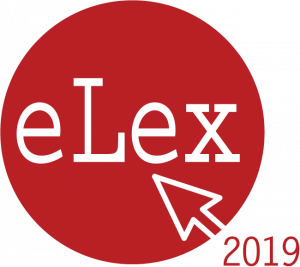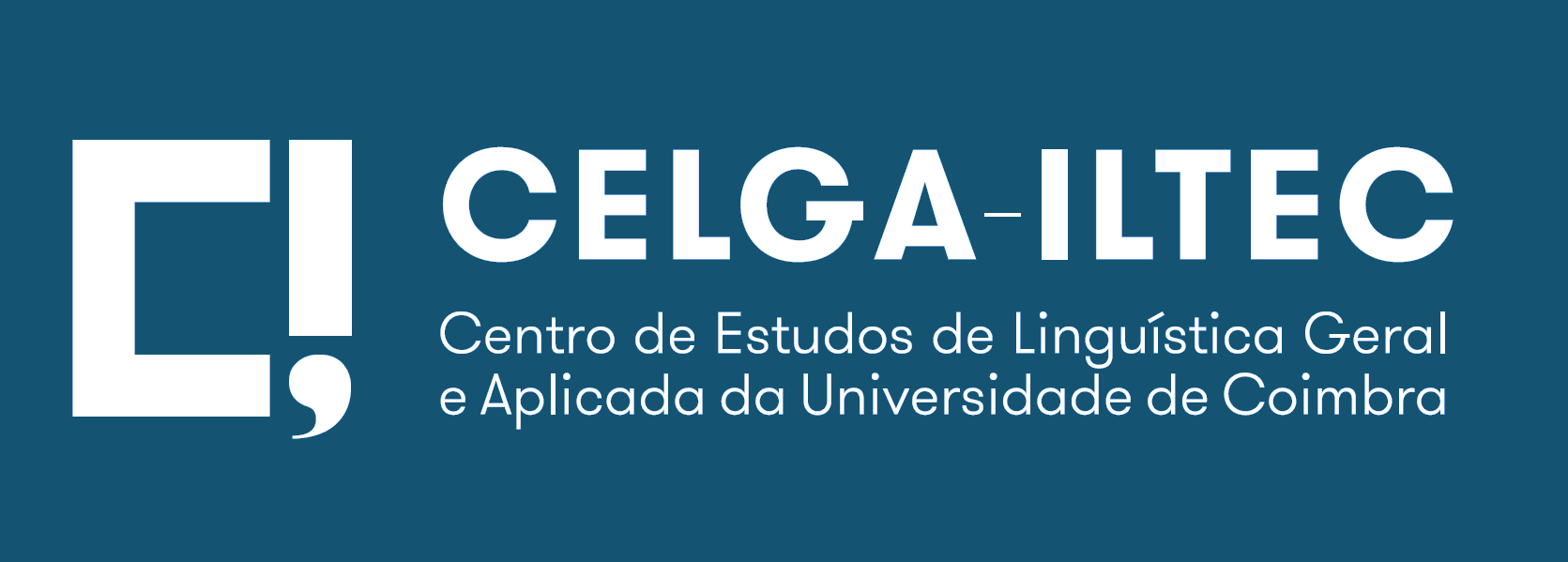Call for papers
The conference aims to explore innovative developments in the field of electronic lexicography. The focus of this conference is on smart lexicography. Thus, papers on the following topics are particularly welcome:
- Dictionary content in different digital media (e.g. mobile devices, tablets)
- Exploitation of language resources (e.g. via API): monolingual and multilingual corpora, learner corpora, lexical databases (e.g. Wordnet, Framenet, DANTE, Wikipedia)
- Linked lexical data, its integration and presentation
- Automatic creation of dictionary content
- Visualisation of lexical data
- New reference tools with a dictionary element (e.g. learning tools, writing assistants)
- Dictionary writing systems and other software available to the lexicographer
- Integration of NLP tools (e.g. grammatical annotation, speech synthesis)
- Usage practices of the users of electronic dictionaries
- Automated customisation of dictionaries to users’ needs and characteristics (e.g. proficiency level, mother tongue)
- Integration of electronic dictionaries into language learning and teaching (e.g. CALL, translator training)
- Crowdsourcing and its use in lexicography
Language of the conference: English
Abstracts
The abstracts, to be submitted by 15th 22 February, should be between 300-500 words in length (excluding references).
There will be three categories of presentation at the conference:
- Paper (25 minutes, including discussion)
- Software presentation (25 minutes, including discussion)
- Posters and demos
Software presentations should not include only a demo of the software but also other aspects, such as the analysis of user needs, rationale for certain features, specifics of projects/datasets etc. The posters and demos are intended to present research still at a preliminary stage and on which researchers would like to get feedback.
In order to give a presentation at the conference, you must have your abstract accepted. The authors of accepted papers will be invited to submit a full paper for the proceedings (indexed by SCOPUS).
The abstracts should be submitted via EasyChair.
